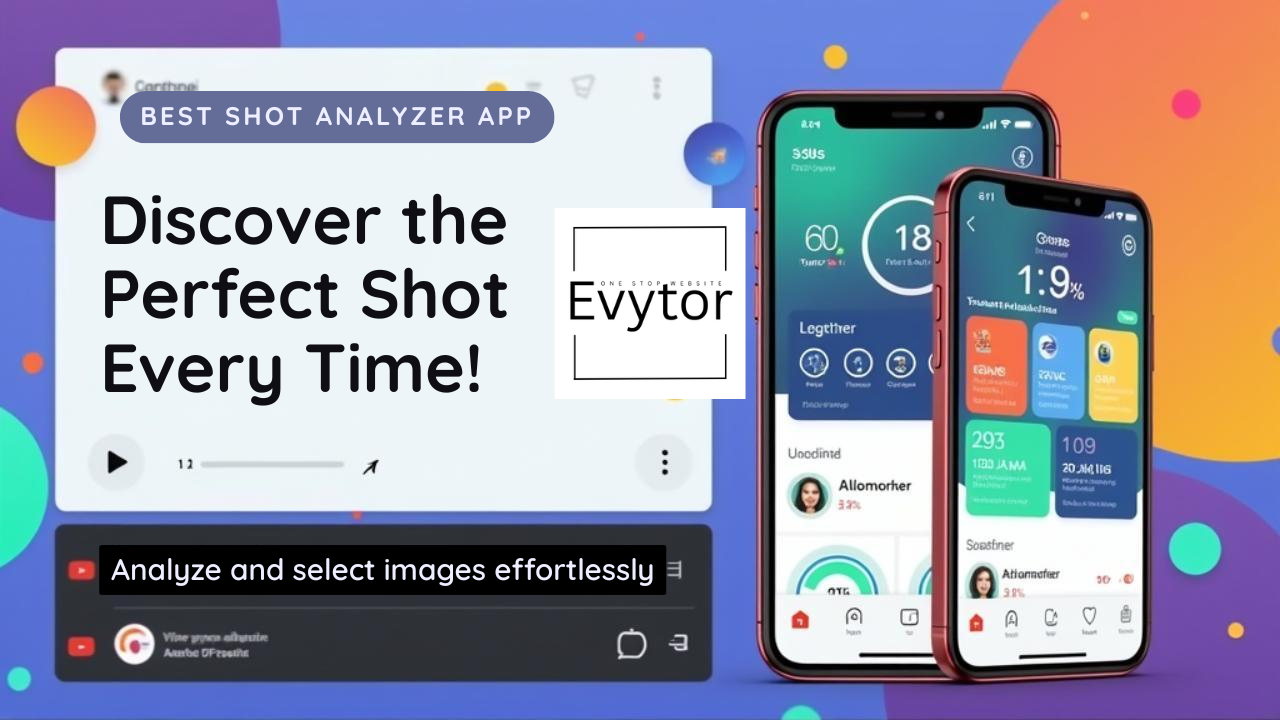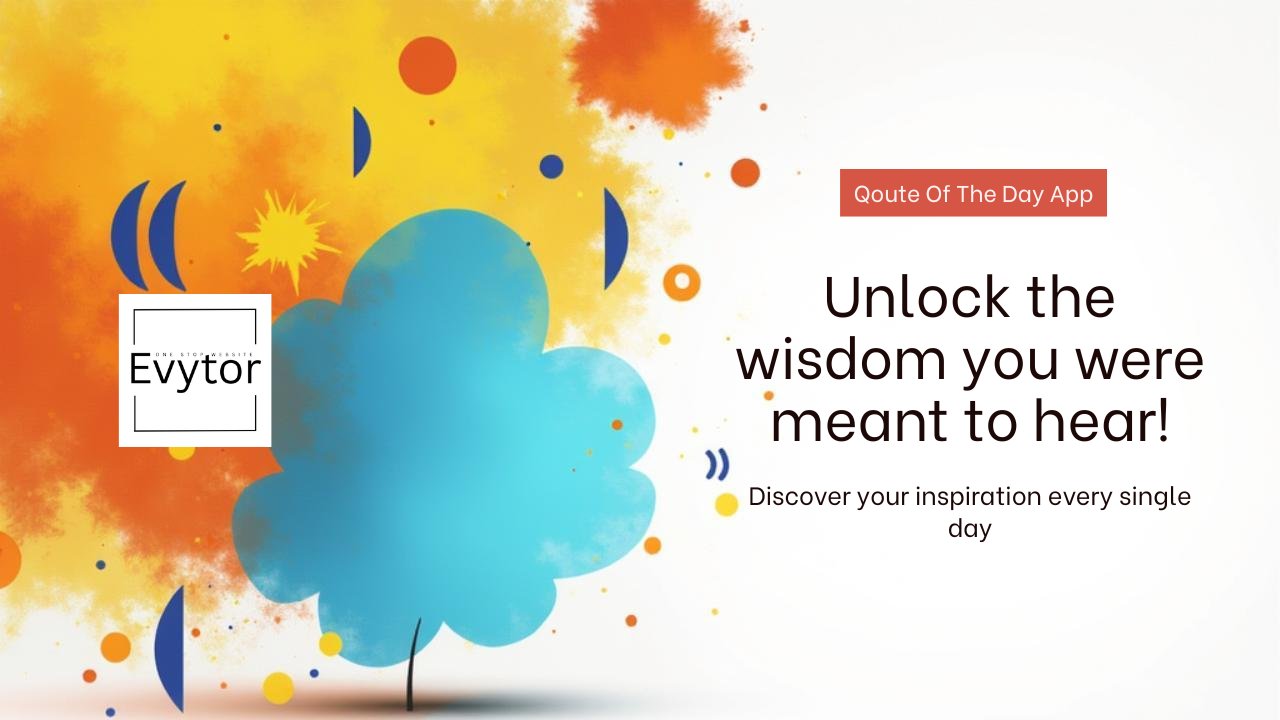Beginner's Guide to Understanding Quantum Computing
Have you ever heard terms like "qubits," "superposition," or "entanglement" and felt like you needed a secret decoder ring? You're not alone! Quantum computing is often portrayed as incredibly complex, futuristic, and perhaps a little intimidating. But what is it, really? And why should we care?
Think of it as a completely new way to process information, going beyond the simple 'on' or 'off' switches of classical computers. While the phone or laptop you're using right now relies on bits representing 0s and 1s, quantum computers leverage the fascinating, often counter-intuitive, rules of quantum mechanics to tackle problems that are practically impossible for even the most powerful supercomputers today. 🚀
Ready to take a peek behind the curtain? This guide will break down the fundamental concepts of quantum computing in a way that (hopefully!) makes sense, even if you're not a physicist.
What is Quantum Computing?
At its core, quantum computing is a type of computation that harnesses the collective properties of quantum mechanical phenomena, such as superposition and entanglement. Unlike classical computers, which use bits that can only be either 0 or 1, quantum computers use qubits.
A qubit, or quantum bit, is the basic unit of quantum information. The magic of a qubit is that it can represent 0, 1, or a combination of both simultaneously. This ability to exist in multiple states at once is called superposition.
Why is this a big deal? Because it allows quantum computers to explore a vast number of possibilities much faster than classical computers for certain types of problems. Instead of checking solutions one by one (like a classical computer), a quantum computer can potentially check many possibilities at the same time! 💡
Classical vs. Quantum: What's the Difference?
Let's quickly compare the two worlds:
- Classical Computers: Use bits (0 or 1). Process information sequentially. Great for most tasks like browsing the web, running spreadsheets, playing modern video games. Rely on transistors that are either on (1) or off (0).
- Quantum Computers: Use qubits (0, 1, or both/superposition). Can perform many calculations simultaneously due to superposition and entanglement. Not good at *everything*, but potentially revolutionary for specific, complex problems. Rely on controlling quantum states of particles.
Think of it this way: A classical computer solves a maze by trying each path one after another until it finds the exit. A quantum computer, thanks to superposition, could potentially explore *many paths at once*!
Qubits: The Quantum Advantage
Qubits are the fundamental building blocks, but they are far more complex than simple on/off switches. A qubit can be represented by various physical systems, such as:
- The spin of an electron ⚛️
- The polarization of a photon ✨
- The energy level of a trapped ion
- The state of a superconducting circuit in a cryogenic environment 🥶
The state of a qubit isn't just 0 or 1; it's a probability of being 0 or 1 when measured. Before measurement, it can be in a superposition of both states.
Superposition and Entanglement: The Magic Happens Here
These two concepts are key to quantum computing's power:
- Superposition: As mentioned, a qubit can be in a state that is a combination of both 0 and 1 simultaneously. Imagine a coin spinning in the air – it's neither heads nor tails until it lands. A qubit is similar, holding both possibilities at once until measured. This allows a small number of qubits to represent a huge number of states simultaneously. For instance, 300 qubits could represent more numbers than there are atoms in the observable universe! 🤯
- Entanglement: This is an even stranger phenomenon. Entangled qubits are linked in such a way that they share the same fate, regardless of the distance separating them. Measuring the state of one entangled qubit instantaneously influences the state of the other, no matter how far apart they are. This spooky connection allows quantum computers to perform complex correlations and calculations that are impossible classically.
Together, superposition and entanglement allow quantum computers to process information in a fundamentally different and potentially much more powerful way for specific tasks.
Why is This So Hard? Challenges
Building and maintaining quantum computers is *extremely* difficult. Here are some reasons:
- Fragility: Qubits are very sensitive to their environment (noise, temperature, vibrations). Even tiny disturbances can cause their delicate quantum states to collapse, leading to errors. This phenomenon is called decoherence.
- Error Correction: Because qubits are so error-prone, sophisticated quantum error correction techniques are needed, which require many extra qubits, making the hardware even more complex.
- Scalability: Building systems with a large number of stable, interconnected qubits is a major engineering challenge.
- Software and Algorithms: Developing quantum algorithms (like Shor's or Grover's algorithms) and software to run on these unique machines is an active area of research.
Despite these challenges, significant progress is being made globally, with various companies and research institutions developing different types of quantum hardware.
Potential Applications
While still in its early stages, quantum computing holds the potential to revolutionize several fields:
- Drug Discovery & Materials Science: Simulating molecular interactions with unprecedented accuracy.
- Financial Modeling: Optimizing portfolios and risk analysis.
- Cryptography: Breaking current encryption methods (requiring the development of quantum-resistant encryption).
- Artificial Intelligence: Enhancing machine learning algorithms.
- Optimization Problems: Solving complex logistical challenges.
Going Further
Curious to learn more? Quantum computing is a vast field with many rabbit holes to explore! Here are a few ideas:
- Explore Different Hardware Types: Research superconducting qubits, trapped ions, photonic computing, and topological quantum computing. Each has unique pros and cons!
- Learn Quantum Gates: Just like classical computers use logic gates (AND, OR, NOT), quantum computers use quantum gates (like Hadamard, CNOT) to manipulate qubit states. Understanding these is key to understanding quantum circuits.
- Dive into Quantum Algorithms: Look into Shor's algorithm (for factoring numbers, potentially breaking RSA encryption) and Grover's algorithm (for searching unsorted databases faster). These are foundational quantum algorithms.
- Check out Resources for Beginners: Many universities and companies (like IBM, Microsoft, Google) offer free online courses, tutorials, and even access to real quantum hardware via the cloud (like IBM Quantum Experience or Azure Quantum). Try writing your first quantum program!
- Read Popular Science Books: Many excellent books explain quantum mechanics and quantum computing concepts in a more accessible way without heavy math.
Start small, focus on understanding one concept at a time, and don't be afraid to reread explanations. Quantum physics is weird, even for physicists!
Wrapping Up
Quantum computing is not just a faster version of your current computer; it's a fundamentally different paradigm with the potential to solve problems that are currently intractable. While significant technical hurdles remain, the progress being made is incredible.
Understanding the basics of qubits, superposition, and entanglement is your first step into this fascinating world. It might seem abstract now, but the impact of quantum computing could shape the future of science, technology, and society in profound ways.
What part of quantum computing do you find most intriguing? Let us know in the comments!




